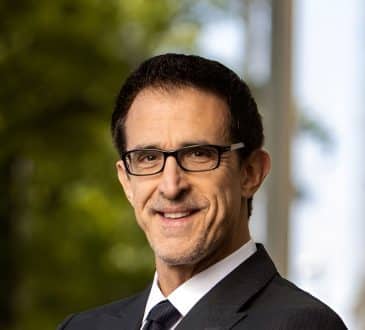When should you ignore other people’s advice?

We have all suffered through a back-seat driver at one time or another, and unless we have been blessed with superhuman tolerance – don’t be afraid to admit it – we hate their unwelcome advice. We clench our teeth as they share their driving ‘expertise’ about when to change lanes, brake and other annoyingly unhelpful driving suggestions. It’s all we can do to stop from pulling over and leaving them and their advice on the side of the road. My wife gives me her debilitating “death stare’ if I try to backseat drive, (to be fair she does regularly miss that chance to change lanes) and yet when it comes to areas of business and management she actively seeks my advice or opinion.
Advice and opinions are like belly buttons, everyone has one, but that doesn’t mean we always want to look at them. So, when should we take advice and when should we ignore others input?
Our advice appetite
If the situation is routine, or the consequences of getting it wrong are small, then we probably will not seek advice. Any advice offered in these situations would be akin to meeting with Captain Obvious whose super skills are stating what we already know, and we may interpret it as an indication that Captain thinks we are incompetent or just plain stupid.
However, the more personal the situation and the more significant the (real or perceived) consequences of making the wrong call are, the more likely we will look for advice. The process of information gathering to assist in making our big decision may include looking for online ‘expertise’ aka Dr Google or seeking out people who have experienced similar situations.
Advice to ignore
While we are ignoring Captain Obvious’s advice, let’s also dismiss advice we may get from the uninformed masses who have no expertise other than what they heard or read about, the unqualified online experts trying to sell something and anyone else who makes broad statements about what is right for you without actually knowing you or listening to your situation. If you choose to take this type advice on board then buyer beware.
Other sources of advice may be from our loved ones or influential people in our lives. We may reason that they know us well or because we look up to them then they will be able to provide appropriate advice. However, just because they love you doesn’t make them an expert or mean that they will be as objective as your situation needs. They may have a self-serving agenda that is not right for you. They may try to manipulate you into doing what they think is right for you, rather than what is right for you.
Remember, the only person who truly knows what is right for you is you. No-one else has the same perspective on the world, life experiences, values or insecurities you do. Also, beware of your own self sabotage thoughts or fake news that you may present as part of solving a situation. If your own advice is being driven by your unwarranted fears, biases or past experiences be willing to call BS on yourself as part of your information gathering.
Advice to consider
Assuming you have now found a qualified advice giver one warning sign should be if they tell you exactly what to do. While instructions from the helpful people at Bunnings on DIY projects is worth heeding, advice on more personal issues aren’t as cut and dry. Even if they take the time to delve into your circumstances and understand you better, they will never be you or know you completely. Well informed experts understand situations differ from person to person and what is right for one person doesn’t necessarily make it right for you and encourage you to think about what works for you.
Once you have exhausted your advice gathering sources then you need to take responsibility for making the decision. While there may be no perfect decision or access to the all the advice necessary, sometimes you just need to make the best-informed decision you can with the available information. So, once you have considered all your advice and ignored any that doesn’t feel right or make sense then trust what your gut is telling you – after all, you know yourself better than anyone else.
Commentary by Gary Waldon. Here’s what you’ve missed?
World’s Best Universities.
World’s Best Fashion Schools.
World’s Best Medical Schools.
Bring the best of the CEOWORLD magazine's global journalism to audiences in the United States and around the world. - Add CEOWORLD magazine to your Google News feed.
Follow CEOWORLD magazine headlines on: Google News, LinkedIn, Twitter, and Facebook.
Copyright 2025 The CEOWORLD magazine. All rights reserved. This material (and any extract from it) must not be copied, redistributed or placed on any website, without CEOWORLD magazine' prior written consent. For media queries, please contact: info@ceoworld.biz











